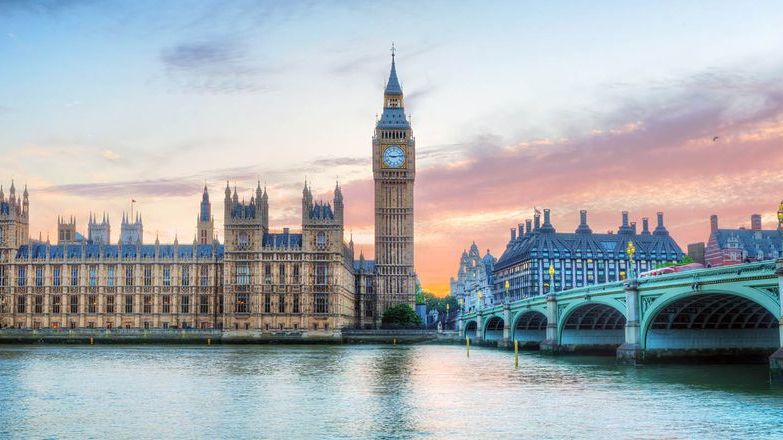
The Secretary of State acknowledged issues with the existing Bill for the student market and committed to regulating student housing appropriately. He said he is open-minded about improving the Bill at the Committee stage, listening to representation from the National Residential Landlords Association and other stakeholders about the needs of the sector.
The role of the justice system was central to the debate and several responses reiterated the need to make the Courts fit for purpose before action to remove Section 21 is taken. Beyond this, he reiterated, the UK Government is committed to the removal of Section 21 in order to prevent bad landlords from intimidating tenants, silencing those complaining about poor standards of housing and the need for repairs. Alongside this there is a commitment to strengthening provisions under Section 8 to reliably regain possession where necessary, lowering the threshold to prove anti-social behaviour and tackling unscrupulous tenants who abuse provisions to protect the vulnerable.
The response to the Committee was heavily delayed and Gove was asked for assurances that delays would not happen again. In turn, he acknowledged issues with short-term lets, saying that he had met with the founder of the leading short-term lets provider, AirBnB.
Gove said that the private rented sector had doubled in size and while it is vital that tenants have rights, many landlords provide high standards of accommodation and need recourse for vacant possession for all sorts of reasons.
Caroline Lucas MP objected to recent claims made by the Housing Minister, Rachel Maclean MP which potentially misled the house over costs necessary to meet energy improvement targets which are capped at £10k. Michael Gove rejected the suggestion that this was misleading.
Former Labour leader, now independent MP Jeremy Corbyn said that tenants are subsidising the mortgages of landlords and increased costs are forcing residents out of their local area, an issue that can only be solved by rent controls. The UK Government responded that pressures have resulted from the cost of living crisis. Rent controls have been proven to increase rents and put additional pressure on those living in the rented sector. Where there are excessive rents, he was told they would be dealt with by the first-tier housing tribunal.
Gove also rejected the claim that the abolition of Section 21 (when combined with improved Section 8 ground), will reduce the number of homes available. He acknowledged the overwhelming need for more homes overall, an issue being tackled separately.
In response to criticism from Conservative MPs, many of whom are landlords, the House heard that abolishing Section 21 is not unconservative, those in the Chamber were reminded that the the party is responsible for introducing a number of Bills, including The Tenant Fees Act 2019, which exist to protect the vulnerable and to save the taxpayer money.




